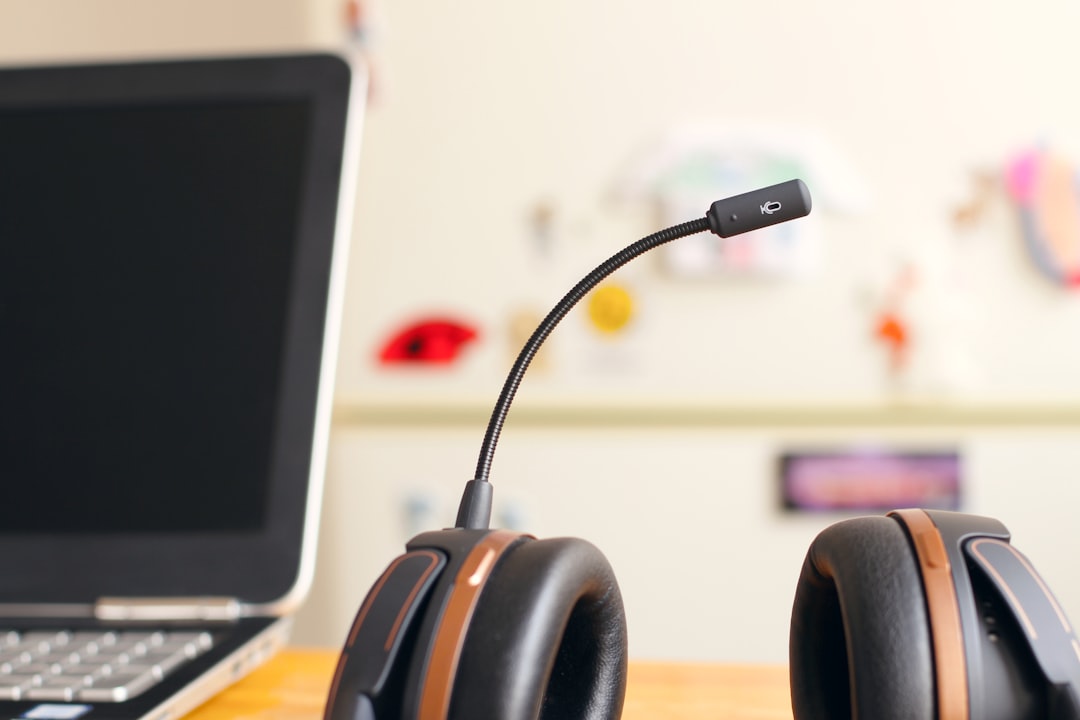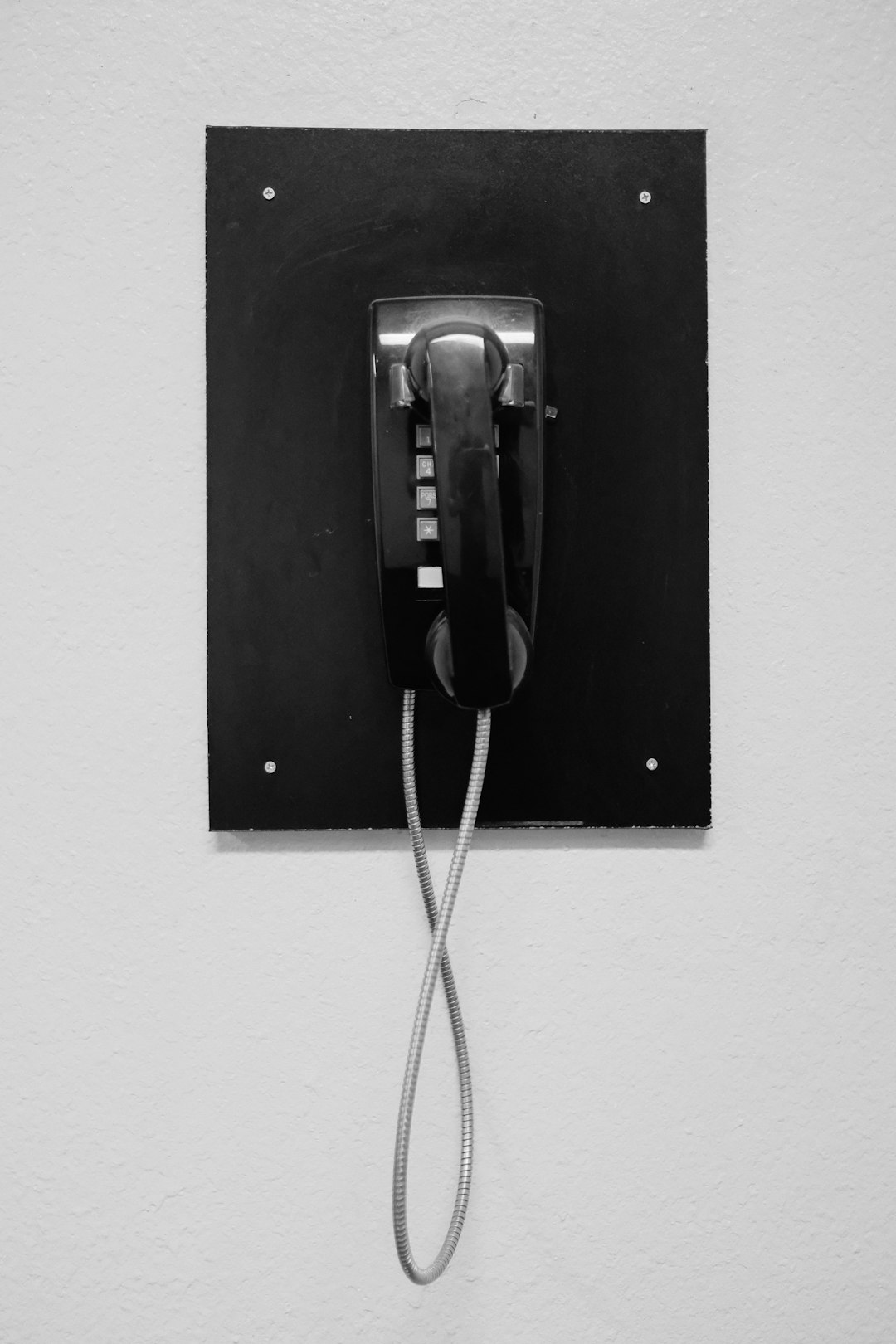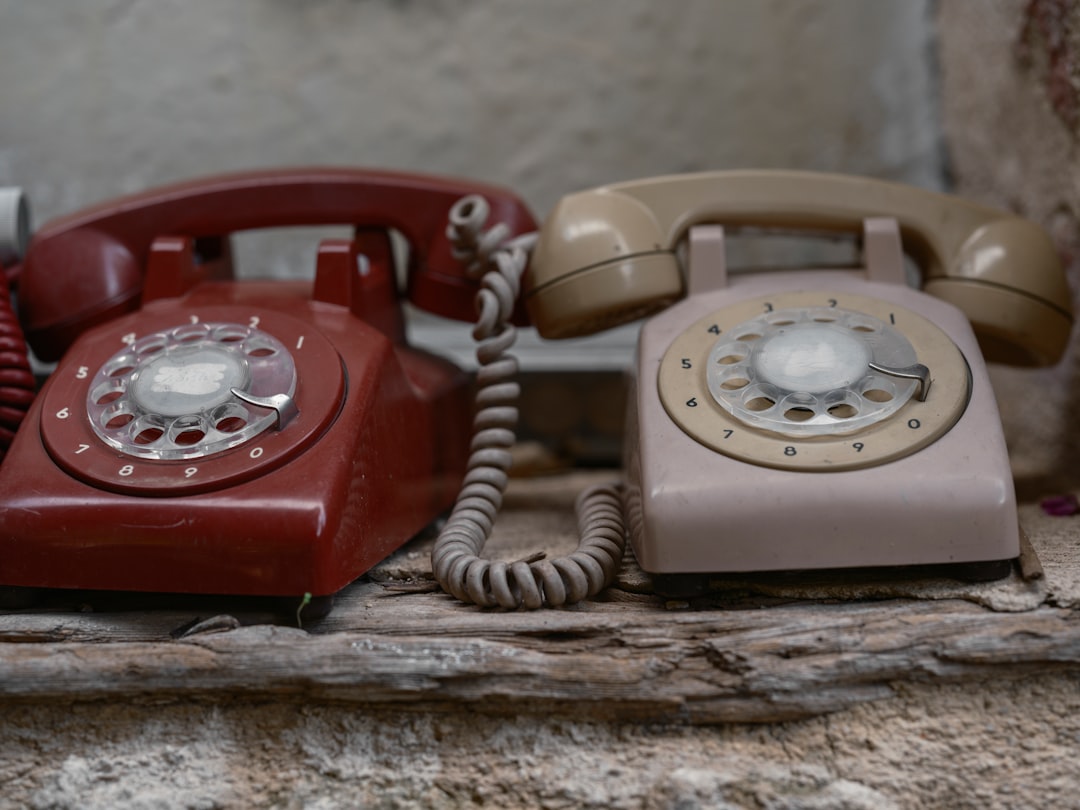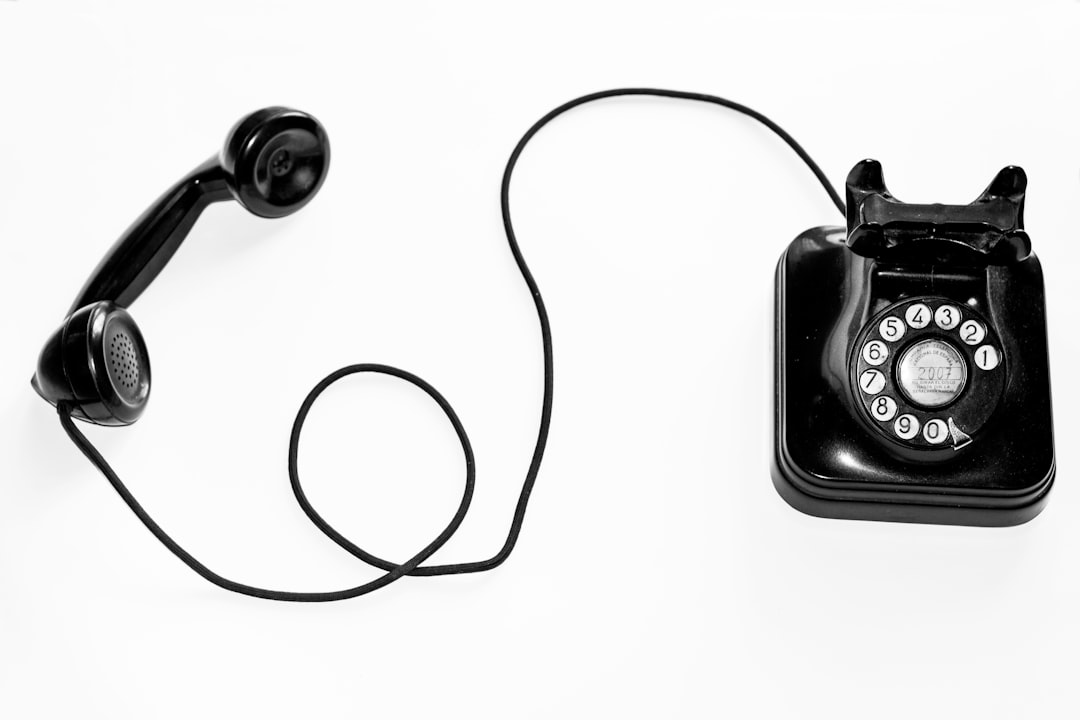Pharmacies in Texas using autodialers for patient outreach must comply with strict state regulations regarding patient consent and privacy, as outlined by the Telephone Consumer Protection Act (TCPA) and Health Insurance Portability and Accountability Act (HIPAA). To avoid legal risks, pharmacies should engage an experienced autodialer Lawyer Texas to ensure adherence to guidelines on informed consent, call frequency, and opt-out mechanisms. Best practices include obtaining explicit opt-in consent, clearly detailing call purposes, and providing easy opt-out options while prioritizing patient data protection through encryption and access controls. Regular software audits are essential for maintaining compliance as regulations evolve.
“In the competitive landscape of pharmacy services, efficient communication is key. This article delves into the critical topic of autodialer regulations in Texas, a game-changer for pharmacies aiming to enhance patient reach. We explore ‘Understanding Autodialer Regulations in Texas Pharmacy Law’ and offer a comprehensive guide on ‘Best Practices for Implementing Autodialer Systems’. Additionally, we uncover legal strategies for pharmacies utilizing autodialers, ensuring compliance and optimal usage.”
Keywords: autodialer, lawyer, Texas
Understanding Autodialer Regulations in Texas Pharmacy Law

In Texas, pharmacies and their staff must adhere to strict regulations when utilizing autodialers for patient outreach. An autodialer is a technology that allows automated phone calls to be made en masse, often used for prescription refill reminders or health education initiatives. However, these tools come with legal implications, as outlined in the state’s pharmacy law. Pharmacies and their legal advisors, especially those employing autodialer lawyers in Texas, should understand that patient consent is a key factor. The Texas State Board of Pharmacy regulations specify guidelines for automated communication, emphasizing informed consent from patients to receive such calls.
This includes ensuring patients are aware of the purpose of the calls, how often they will be received, and providing an easy opt-out method. Non-compliance can result in legal repercussions. Therefore, best practices suggest that pharmacies work with experienced autodialer lawyers in Texas to navigate these regulations effectively, ensuring patient privacy and rights while utilizing this technology to improve communication with their clientele.
Best Practices for Implementing Autodialer Systems: A Comprehensive Guide

Implementing an autodialer system in a pharmacy setting requires careful consideration and adherence to legal guidelines, especially with an autodialer lawyer Texas to ensure compliance. Best practices involve prioritizing patient consent and privacy as top priorities. Pharmacies should obtain explicit opt-in consent from patients before initiating automated phone calls, detailing the purpose of contact and providing a clear mechanism for opting out. Transparent communication builds trust and minimizes legal risks associated with telemarketing regulations.
Additionally, securing robust data protection measures is essential. This includes encrypting patient information stored within the autodialer system and implementing strict access controls to prevent unauthorized usage or breaches. Regular audits and updates of software and procedures can help maintain compliance as regulations evolve, ensuring a seamless and legal experience for both pharmacies and their customers.
Legal Considerations and Strategies for Pharmacies Using Autodialers

Pharmacies using autodialers for marketing or customer outreach must navigate a landscape of legal considerations, particularly regarding telemarketing regulations and patient privacy. In Texas, an autodialer lawyer can provide invaluable guidance on ensuring compliance with the Telephone Consumer Protection Act (TCPA), which restricts automated calls to cellular phones without prior explicit consent. Pharmacies should develop robust opt-out mechanisms and thoroughly document patient consent to avoid TCPA violations that can result in substantial fines.
Additionally, the Health Insurance Portability and Accountability Act (HIPAA) demands strict privacy protections for sensitive patient information. Working with an autodialer lawyer Texas can help pharmacies implement secure data handling practices, including encrypting patient data and ensuring that any third-party vendors involved in autodialer operations adhere to HIPAA standards. A proactive legal strategy is essential for pharmacies aiming to leverage the efficiency of autodialers while maintaining compliance with governing laws.






